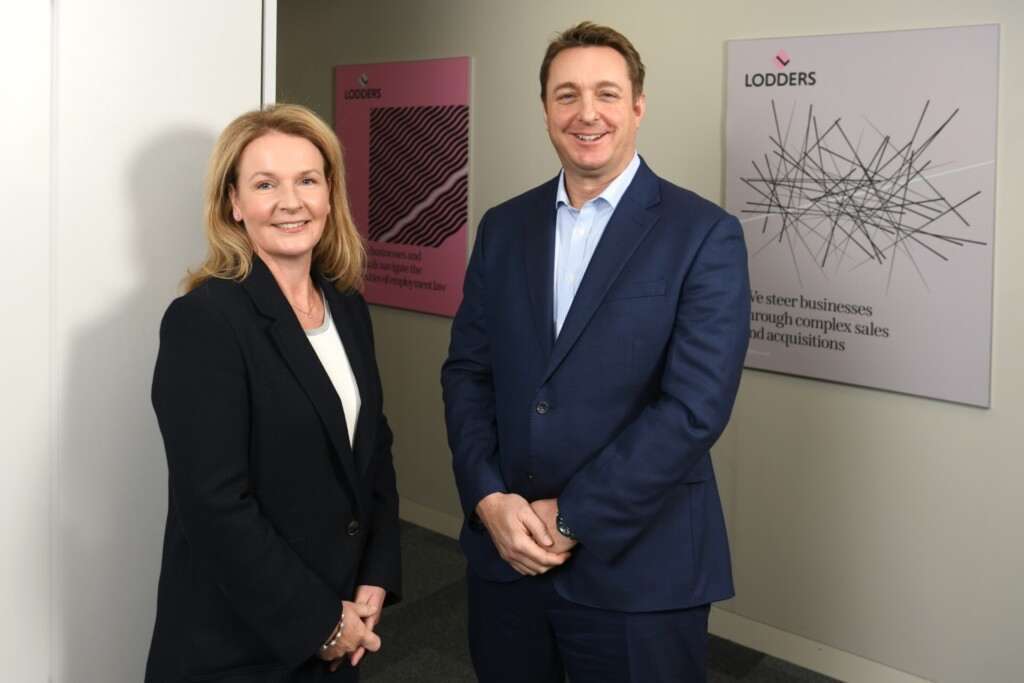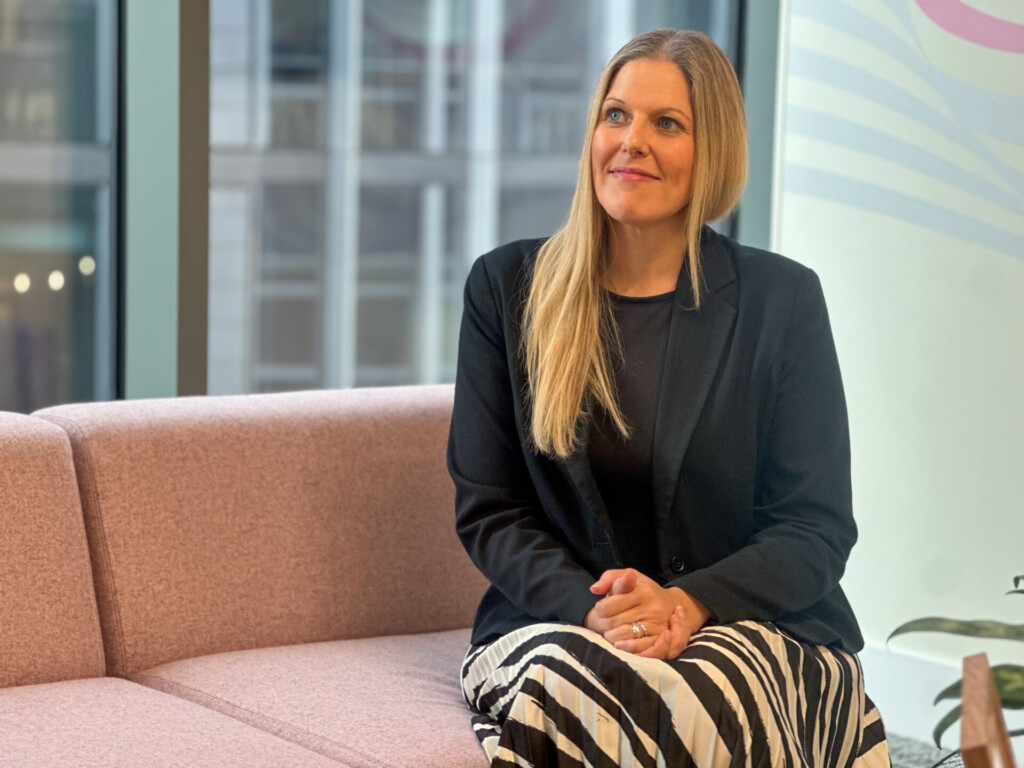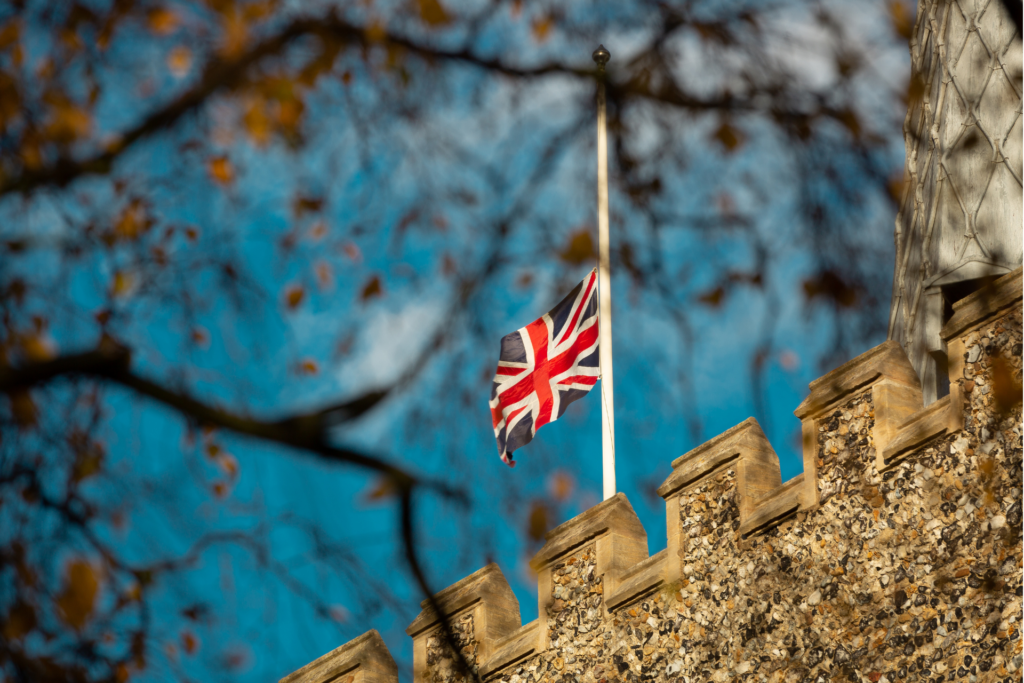From 7 April 2025, a selection of courts across England have started to offer an express financial remedy pilot scheme. The pilot aims to resolve contested financial remedy cases more quickly and efficiently. Katie Hurst, Associate in Lodders’ Family law team, explains the procedure.
The financial remedy pilot procedure is targeting straightforward cases where the only, or main substantial asset, is equity held within a property. Running from 7 April 2025 to 3 April 2026, the pilot’s aim is to relieve pressure on the court system by improving the time it takes to resolve eligible cases. It will do this by compressing the current three-stage procedure for financial remedy cases into two stages.
Which cases are eligible for the financial remedy pilot?
Where both parties have combined net assets of £250,000 or less (excluding pension assets), and the application is not for a consent order, the express financial remedy pilot will now apply when one party makes a court application to certain courts.
It has been introduced in family courts in six financial remedy court zones in England, including in Birmingham. Find the full list of participating courts here.
How many hearings will the pilot procedure consist of?
This pilot procedure will generally consist of two hearings. The first hearing will be a Financial Dispute Resolution hearing (FDR), bypassing the usual First Directions Appointment, which will take place 16 to 20 weeks after a Form A is issued. If the case is not settled at the FDR stage, a final hearing will take place 26 to 30 weeks after Form A is issued, with a time estimate of one day. The procedure aims to complete all cases included in the pilot within 30 weeks.
What will happen at the FDR stage?
At the FDR, the judge will review the documents filed by the parties, provide an indication of the likely outcome of the case (as if they were dealing with the case at a final hearing), and assist the parties in trying to reach an agreement.
If the parties reach an agreement about their financial settlement during this hearing, the judge will make a record of the agreement and the parties will be expected to submit a consent order for the judge to approve, either at the hearing or subsequently.
At the conclusion of an unsuccessful FDR, the judge will also give directions about further documents and information required for the final hearing.
What will happen at the final hearing?
The judge will consider the paperwork that has been filed, hear any necessary evidence and further arguments from the parties and then decide the outcome of the case and the terms of the financial order. The order is a legal document that confirms the court’s decision.
Applying to leave the financial remedy pilot
If a party has completed a Form A and subsequently either party thinks that their case should not be part of the pilot, they can apply to leave the pilot and return to the standard track.
Expert advice from Lodders’ Family Law team
Navigating financial remedy proceedings can be daunting. Our family law specialists can guide you through the process, provide expert advice, and help you achieve the best financial settlement. You can also find out more about financial orders in this blog.
For help and advice, get in touch with our friendly team today.
Contact usContact us
Need more advice?
For help with a legal problem or more information on any of our services at Lodders, please get in touch with our friendly team. You can contact us via the number or email address below, or fill in the form and we will get back to you as quickly as we can.

Contact a member of the team
Read more
Other news, insights and events







